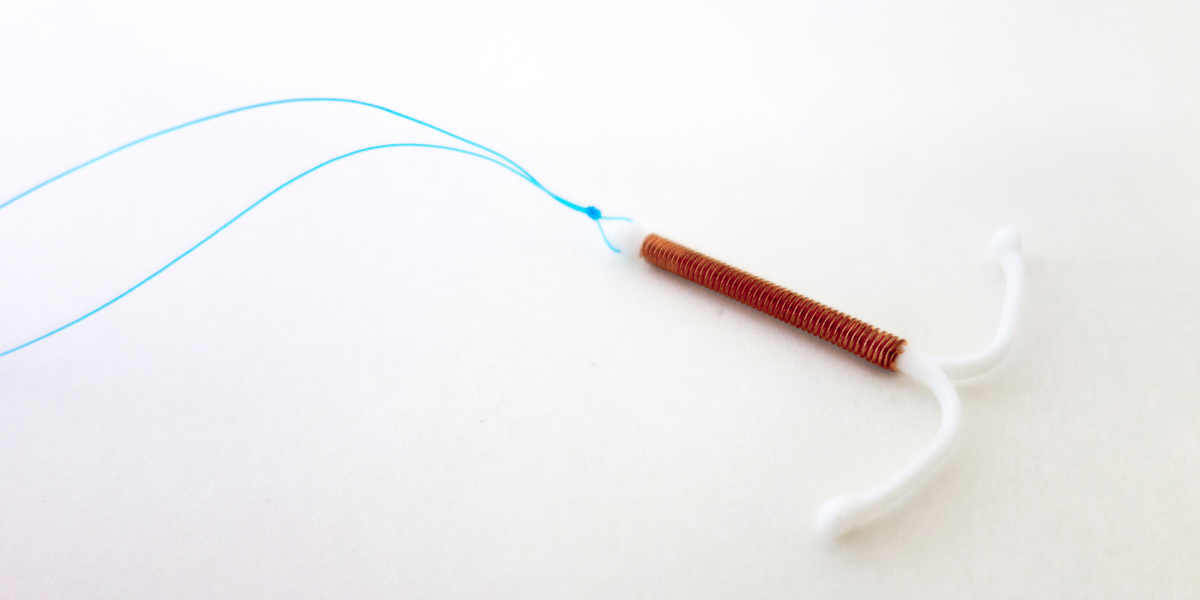Endometriosis is one of the more common gynecological discussions that I encounter in my office. In my experience, endometriosis tends to be misunderstood, not only with regards to the treatment and diagnosis but to the very condition itself.
By definition, endometriosis is the presence of endometrial tissue, (typically located inside the uterine cavity), that is misplaced and instead is located outside of the uterine cavity. The endometrial tissue may be located on other pelvic or abdominal tissues and organs. Frequently the ovaries, fallopian tubes, bladder and bowel are involved as well as the outside of the uterus itself. There are case reports of these implants discovered in nearly all tissues. Because these uterine implants are inappropriately located in the abdomen or pelvic area, it may be very difficult to actually diagnose where implants may be. Unfortunately, pelvic ultrasounds or CT scans or other imaging exams are not able to detect these small implants. In fact, the only way to truly diagnose endometriosis is surgery, where tissue samples are collected from internally and analyzed by a pathologist for the presence of the telltale endometrial glands.
Patients with endometriosis may have a variety of symptoms, including significant pelvic pain or patients may be asymptomatic, never knowing they actually have the condition. Interestingly, some patients may even have severe and very progressive disease, with adhesions involving the bowel or bladder and may not even be aware of having the disease. Other patients find pelvic pain to be extremely severe and yet the disease is associated only with minimal and superficial implants.
The “typical” patient reports having pelvic pain that occurs prior to cycle and through the menstrual cycle. The pain may become progressively more uncomfortable and more severe over the years. Some patients notice pain with intercourse or pain with bowel movements.
Endometriosis is associated with conception difficulties. Complete infertility is rare, but compromised fertility is encountered more commonly. The endometrial implants may damage the fallopian tubes, causing scarring of the tissue. In addition, the implants may produce various substances that are damaging to fertilization or implantation.
Treatment of endometriosis ranges from pain medications, including ibuprofen or other pain meds to hormonal agents, including oral contraceptive pills or other hormonal agents. Surgical management is offered for those with severe pain or infertility evaluation. Surgery may extend to ablation of the the implants or in severe cases to removal of uterus and ovaries.



